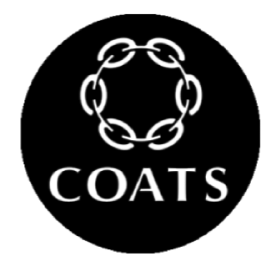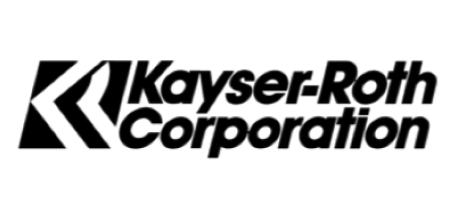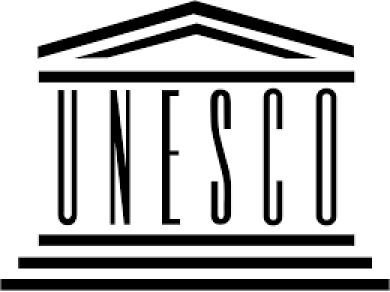Our clients include
























We are a research lab building custom AI models and custom robots.
AI is not the answer. Based on our experience in research and development, it’s about asking the right questions. Our expertise is in making complex information understandable, engaging and usable. We do this through design:

Spatial intelligence and cross-cultural understanding are both complex, specialised areas that require deep understanding of social phenomena, going beyond physics and simple classification. Our expertise in ethnography and philosophy made this possible. Find the code here.
Our custom AI models and multi-dimensional knowledge graphs are built for domains where general AI falls short. When expertise is tacit, cultural, or centuries-old, we build systems that preserve nuance while enabling new forms of access and discovery.
We design human-AI interactions around how people actually work, think, and sense. These include a sensor network for communicating hyper-local pollution levels, and a haptic wearable for increasing interoception.
Sometimes the endpoint isn't a product — it's finding the right question. We create experimental and experiential prototypes, artistic interventions, and research artifacts that make visible the hidden assumptions in technological systems.

is a strategist, designer, and philosopher who bridges critical theory and technological innovation.
A pioneer in wearable technologies since 1995 and former fellow at Paul Allen's Interval Research Lab, she has led innovation projects at NCR's Knowledge Lab and IBM's Innovation Center, and holds multiple patents in wearable and tangible interface design. She has developed strategic innovation systems for Ralph Lauren, DuPont, UNESCO, Christie's, Bill & Melinda Gates Foundation, and Beiersdorf/Nivea—translating complex technological futures into actionable strategies.
Named one of New York's "Six Most Interesting Women in Tech," she is founding faculty at SVA's Design for Social Innovation MFA and has taught at NYU's Interactive Telecommunications Program for nearly two decades. She holds Masters degrees in Philosophy (KU Leuven) and Interactive Telecommunications (NYU), and a practice-based PhD from the Royal College of Art exploring AI as material infrastructure. LinkedIn
is an award-winning hardware and software developer and researcher fusing design with cultural insights and technical excellence. He builds AI models, robots, sensor networks and artworks.
He has led an AI research group at Coventry University, launched and led the Information Experience Design programme at the Royal College of Art in London, worked with organisations including Centre Pompidou, CNBC, Samsung, Serpentine. His work has been deployed and exhibited internationally, he is a frequent invited speaker, he has published and taught in design and data visualisation – books include AI and Algorithmic Aesthetics (forthcoming), Interior Futures (2019), Hackers & Slackers (2012), Digital Technologies and the Museum Experience (2008).
He holds degrees in anthropology, interactive telecommunications and education. Find his technology newsletter here, his spatial practice here. LinkedIn
























"Technology at present is covert philosophy; the point is to make it overtly philosophical." — Philip Agre, 1997